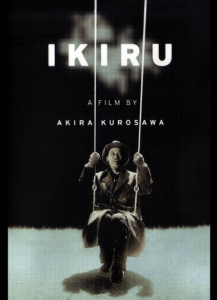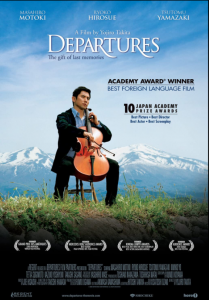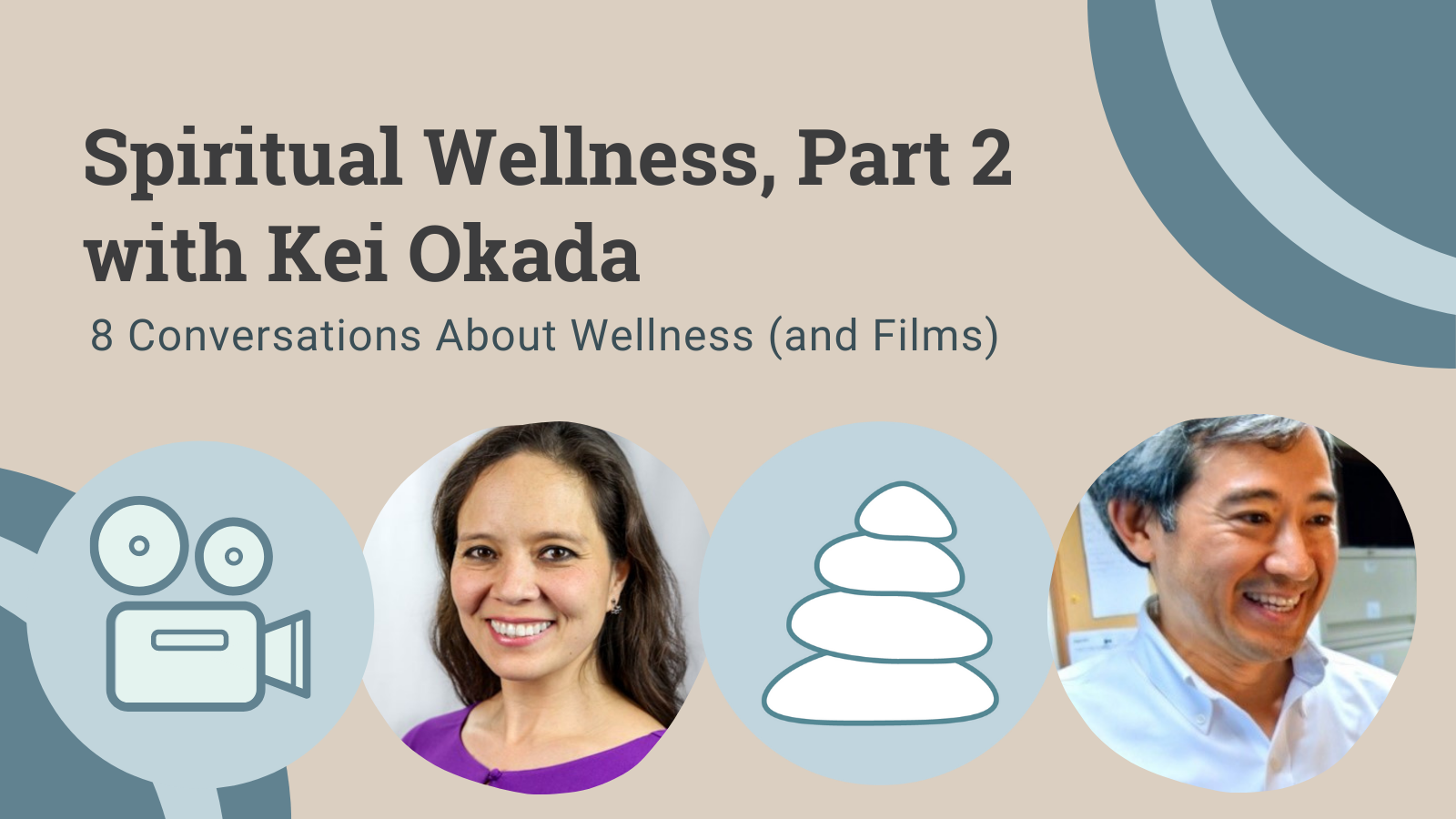This blog is part of a series of conversations about wellness and films. This blog, the second of two parts, explores spiritual wellness. Read part one.
By Erika Ihara and Kei Okada, M.Div., BCC, Program Manager, End-of-Life Spiritual Care, Visiting Nurse Service of New York, Hospice and Palliative Care
Erika: You have described your work as supporting diverse people regardless of cultures, beliefs, and faiths, including people who do not affiliate with a particular religious or spiritual practice. What is one strategy you engage in to be able to offer spiritual care that bridges cultural and religious differences?
Kei: Many of my patients are not affiliated with a particular religious or spiritual practice. Many also say they are not religious but spiritual. Some have told me they have no such affiliation but have a personal faith in God. Others have said they have no faith, but that prayer is important. Some patients say they are open to life’s mystery and possibilities unseen and unknown, and others have told me their loved ones and good humanity are what they believe in.
I find that focusing on our common vulnerabilities and our common humanity helps people feel more comfortable to discuss their hidden thoughts and feelings while receiving end-of-life care. I take a holistic approach to honor each patient as a person, and to show respect for their values and beliefs, hopes and concerns, challenges and opportunities, and grief and joy as we create a safe, non-judgmental space for them to express themselves, to explore and appreciate new meanings and perspectives about life, and to realize, recognize, or rediscover who they are.
Unlike “healthy” people who believe they are in control of their life while taking so many things for granted and living in a habitual frame of mind, these hospice patients are awakened by our common mortality, that our physical life has a limit, that we don’t know when and how we end this life. I have found it very important to acknowledge and appreciate how their end-of-life living process has impacted my life. By witnessing their inspiring and awakening transformation, I am receiving the precious seeds of life-giving stories, and I thank them for what they are sharing, calling them life’s “teachers.”
Erika: As a professional providing services to people in end-of-life, what is one self-care approach you take to support your own wellness in this work?
Kei: Being honest with oneself, listening to the body, mind, and spirit like a musical instrument, being aware of breathing and energy flow, and tuning into the need for rest or grounding are all so important for self-care. It is the daily practice of reconciliation with self, allowing yourself a good empathic understanding of human frailty and vulnerability, to be empathic to other peoples’ needs. This allows for a kind of collective, inter-dependent healing that can be another way of looking at “living together” as a community.
My choice of activities for self-care and rest include traveling, having quality time with good friends, being in nature (even by taking a walk in a park), listening to music, and watching movies.
Erika: You have presented your findings at professional conferences on using intra-sensory awareness and the arts to enhance holistic communication in your work, including your use of visual images, music, and your vast knowledge of films. Can you recommend any favorite films for our readers to start on the journey of exploring spiritual wellness?
Kei: To cultivate your spiritual wellness, one necessary starting point is to embrace your own vulnerability, and for that matter, I first recommend Brené Brown’s TED Talk, The Power of Vulnerability.
The films I would recommend, among many, are Departures (Takita, 2008) and Ikiru (Kurosawa, 1952). These films show how we usually avoid any association with illness and mortality, and only when faced with it, we are awakened to our most profound human experience of deep empathy and compassion. And the assurance of our relational and communal “Life” beyond our physically separate life forms is beautiful.
 Ikiru (Kurosawa, 1952) |
 Departures (Takita, 2008) |
|---|


